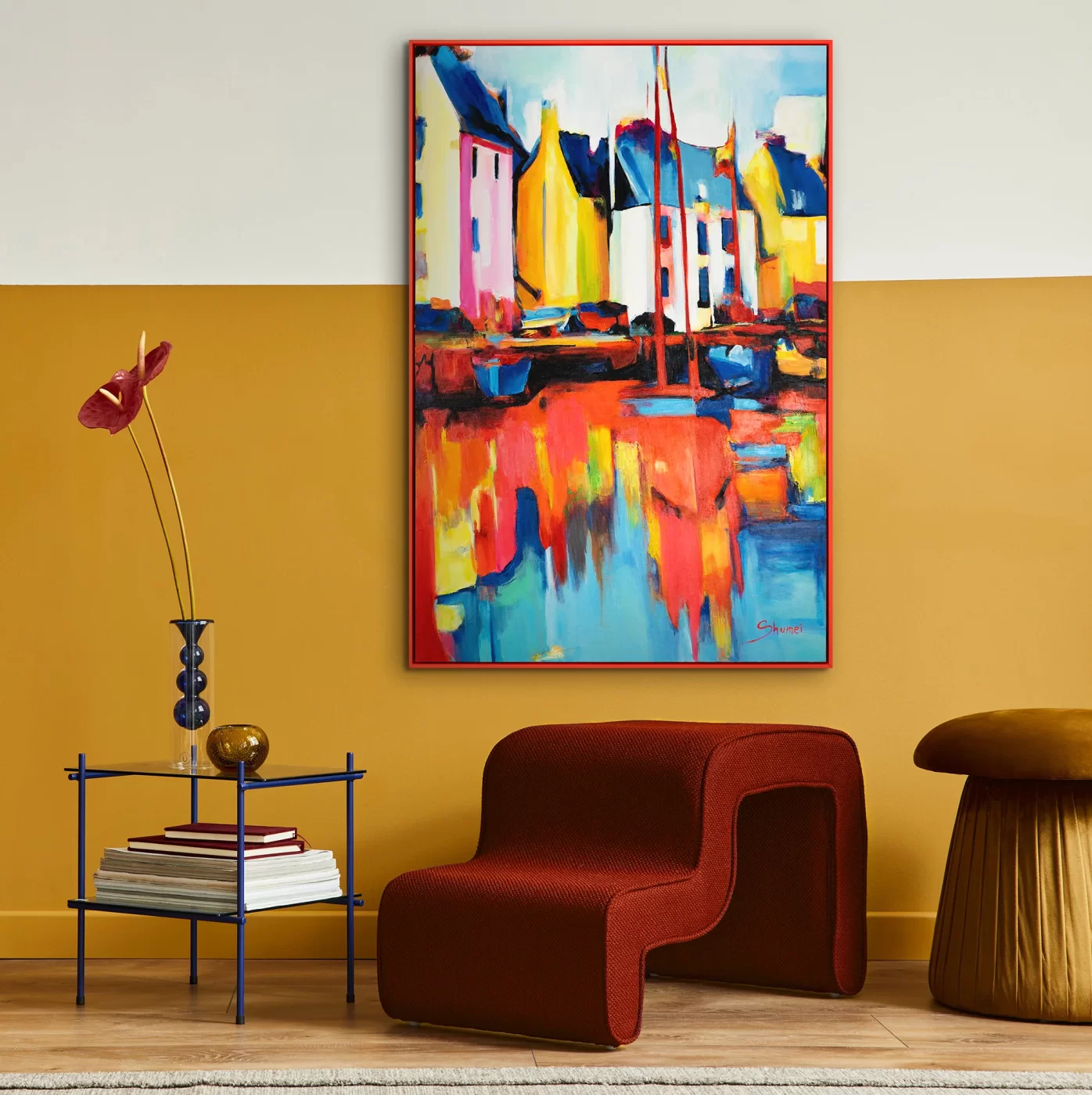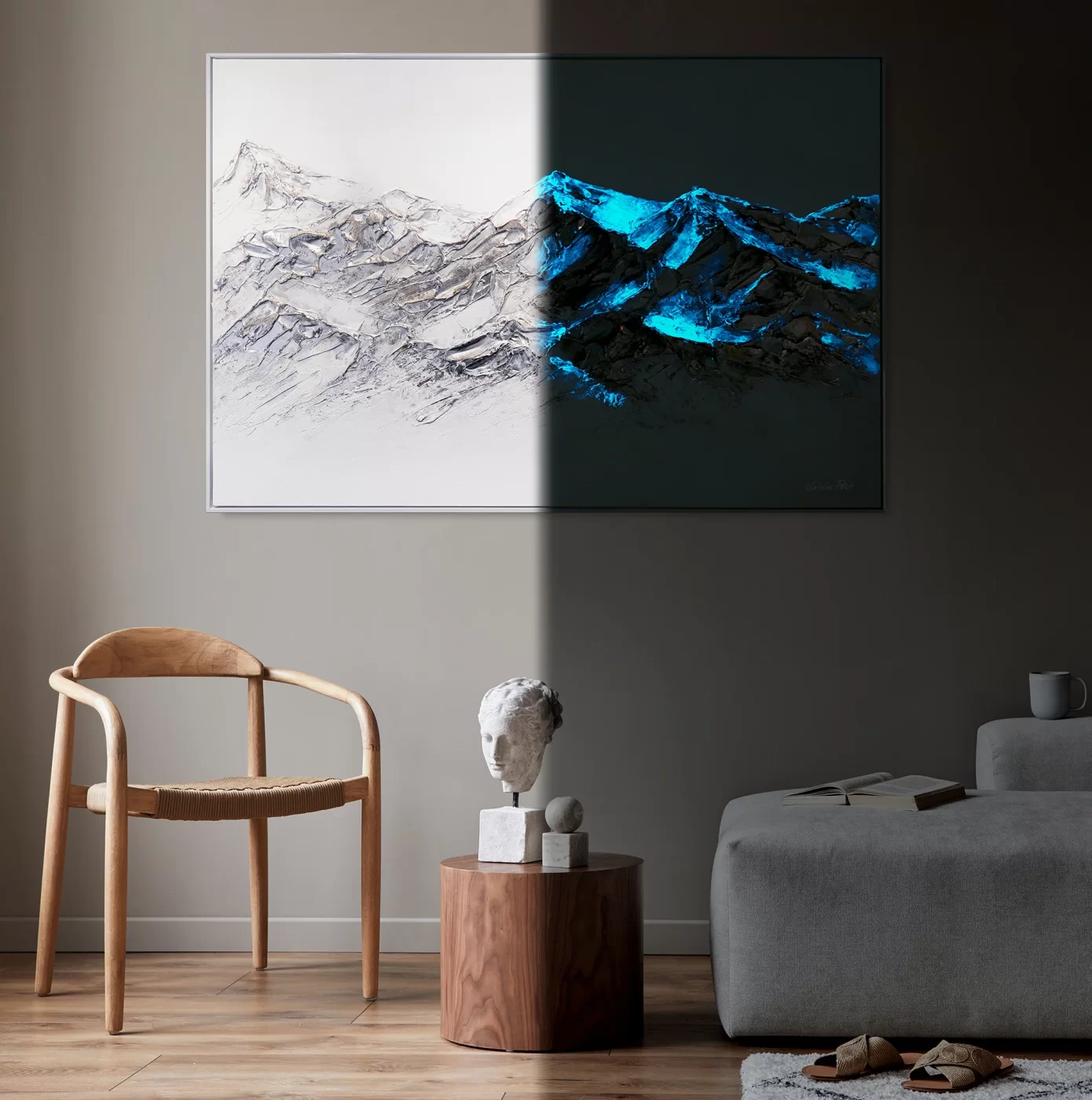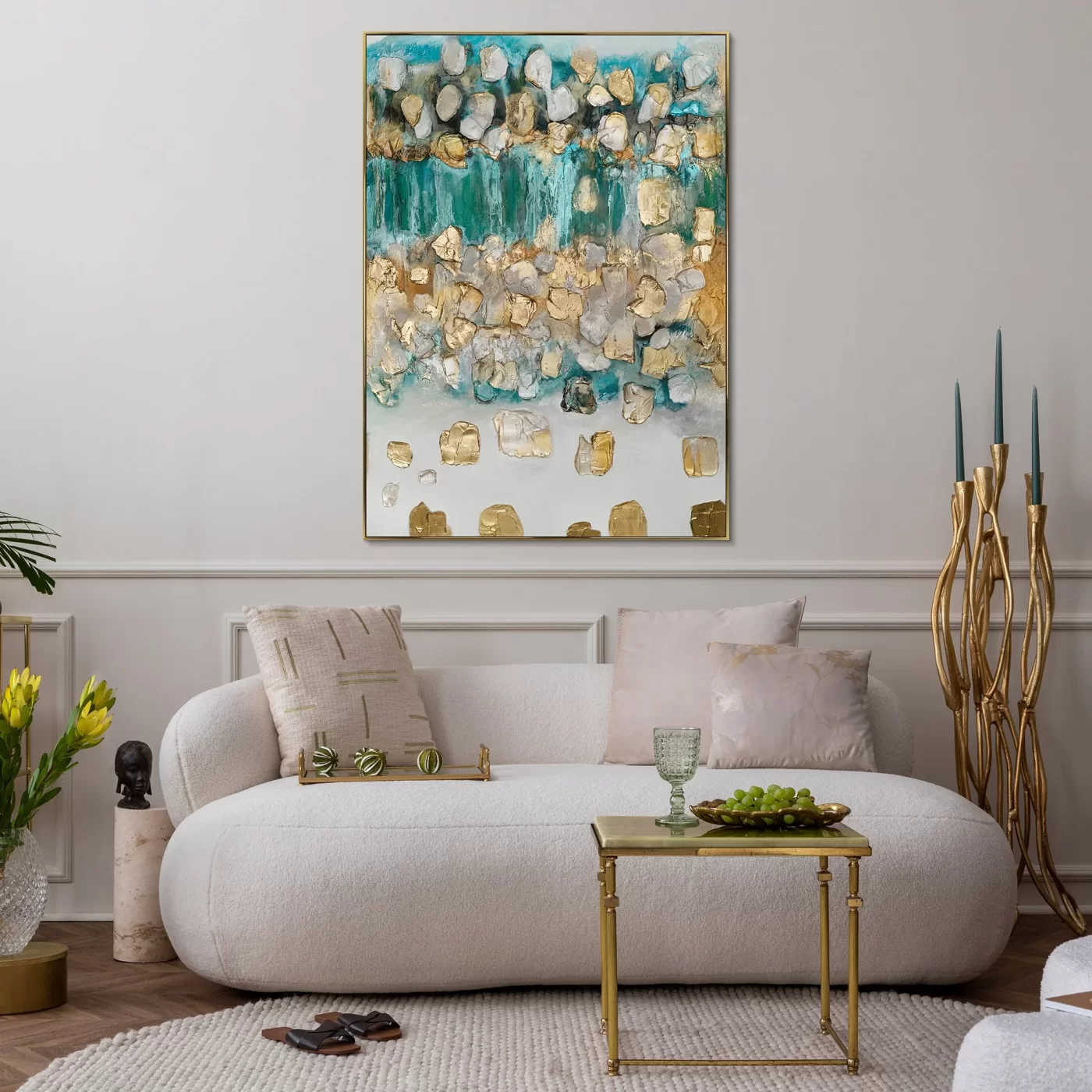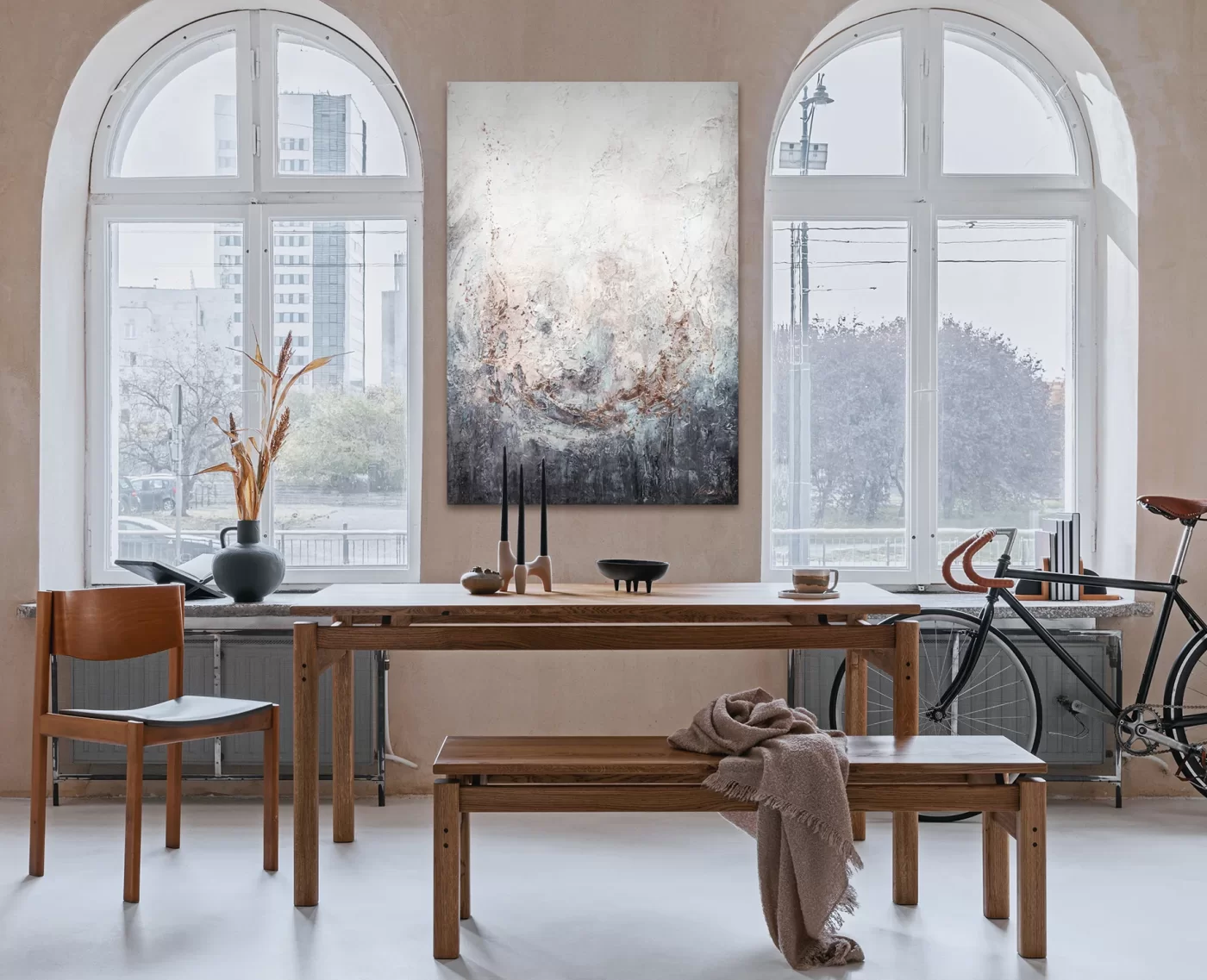The Impact of Color in Interior Design: How to Choose the Right Shades for Every Room
The Impact of Color in Interior Design: How to Choose the Right Shades for Every Room
Color is one of the most powerful tools in interior design. It has the ability to transform a space, influence mood, and create a desired atmosphere in any room. Choosing the right color palette for your home is crucial to achieving harmony and functionality in each space. Here’s a guide on how to select the perfect shades for every room in your home.
1. Living Room: Warm and Inviting Tones
The living room is often the heart of the home, where family and friends gather. To create a warm and inviting atmosphere, opt for shades like soft beige, warm grays, or muted earth tones. These colors not only make the space feel cozy but also serve as a versatile backdrop for various furniture styles and accent colors. If you want to add a touch of vibrancy, consider incorporating subtle pops of color through cushions, rugs, or artwork, such as an abstract wall decor piece that adds personality to the room.

2. Kitchen: Energizing and Fresh Colors
Kitchens benefit from colors that energize and stimulate the senses. Bright, fresh shades like light green, soft yellow, or crisp white can create an uplifting environment, making the kitchen feel clean and lively. These colors also reflect light well, enhancing the sense of space and cleanliness. For a more modern look, consider combining these with darker countertops or cabinets to create a striking contrast. Adding a framed painting for home decor in the kitchen can also introduce a sophisticated touch that ties the color scheme together.

3. Bedroom: Calming and Relaxing Hues
In the bedroom, the focus should be on creating a serene and restful environment. Soft, calming colors like pastel blues, gentle lavenders, or muted greens are ideal choices. These hues promote relaxation and peace, helping to create a sanctuary where you can unwind after a long day. To add warmth, consider incorporating neutral tones like soft beige or light gray, which pair well with these calming colors. A glow in the dark painting can be an intriguing addition, offering both aesthetic appeal and a soothing atmosphere for restful nights.

4. Bathroom: Clean and Refreshing Palettes
For the bathroom, clean and refreshing colors are key to creating a spa-like atmosphere. Light blues, soft grays, or crisp whites are excellent choices, as they evoke a sense of cleanliness and tranquility. These colors also help to visually enlarge the space, which is particularly beneficial in smaller bathrooms. To add a touch of luxury, consider using metallic accents in fixtures or accessories. A framed painting for home decor featuring abstract elements can further enhance the room's elegance.

5. Home Office: Focused and Productive Shades
In a home office, it’s important to choose colors that enhance focus and productivity. Neutral tones like gray, taupe, or light brown are excellent for creating a professional and distraction-free environment. If you prefer a more vibrant space, consider incorporating subtle accents of blue or green, which are known to boost concentration and creativity. A strategically placed abstract landscape painting can also inspire creativity while maintaining a calm work atmosphere.

Conclusion
Selecting the right colors for each room in your home is more than just an aesthetic choice—it’s about creating an environment that supports your lifestyle and well-being. By understanding the impact of different colors and how they influence mood and perception, you can create a harmonious and functional space tailored to your needs. Whether you’re aiming for a cozy living room, a serene bedroom, or an energizing kitchen, the right color palette, complemented by thoughtful abstract wall decor or framed paintings for home decor, can make all the difference.
?Buy this painting on our store on Etsy: etsy.com/shop/YSartStudio
?or our store for USA: ysart-gallery.com
?store for Germany: ysart.de



Accedi o Registrati per aggiungere il tuo feedback a questo progetto